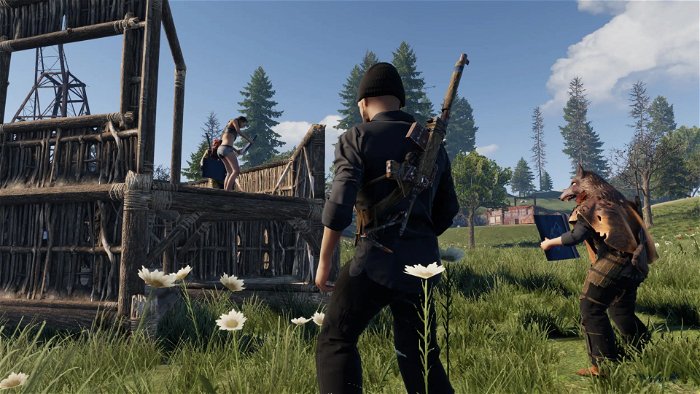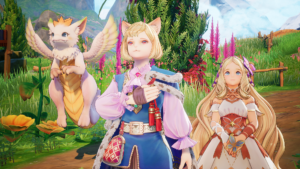Following the announcement from Unity last week, Unity has made another update to apologize and clarify more about the controversial new policy.
Many developers and the gaming industry were shocked last week when Unity announced plans to implement the new Unity Runtime Fee Policy. Yesterday evening, Unity posted on X (Twitter) that there would be changes to the upcoming policy, and they would be sharing another update in “a couple of days.” It was a short apology statement, as they noted that there would be a lot of discussions internally in the company and in the player community. However, developer trust has plummeted since the initial announcement made last week.
“We have heard you,” the company wrote. “We apologize for the confusion and angst the runtime fee policy we announced on Tuesday caused. We are listening, talking to our team members, community, customers, and partners, and will be making changes to the policy. We will share an update in a couple of days. Thank you for your honest and critical feedback.”
So, what is the Unity Runtime Fee Policy? It is a policy that was said to charge $0.20 per install for any game with more than 200,000 installs. The ambiguity here was massive as it became a question of who was actually getting charged for these installs and what counted as an install. Games can always be installed, uninstalled and reinstalled. There are also temporary installs from games on Xbox Game Pass and PlayStation Plus. It also opened up the question of whether devs were getting charged this fee or customers.
The amassed questions kept growing in the past week and have only worsened as Unity tried to clarify more about the policy. An explanation followed explaining that it would only be counting “net new installs” on any device beginning on January 1, 2024. It continued to say that devs would not be paying fees on re-installations, “fraudulent” installs via botnets and the like, trial versions, web and streaming games, and charity-related installs. The company also claimed that “90 percent of customers will not be affected by this change.”
Development studios felt so threatened by this move that they have taken their own actions to protest against Unity’s decision to add this new policy. Rust 2 developer Facepunch Studios already stated they will not be making their games on Unity now. The devs of the popular Unity-made game Cult of the Lamb threatened to delete the game should the changes follow through on January 1.
Slime Rancher series director Nick Popovich added: “There was zero confusion. Just anger and total loss of trust that you would change existing contracts because you feel like it. This policy, modified in a couple days or not, retains the above.”

Numerous developers also called out the use of the word “confusion,” as it seemed like the tech company was implying the issue was due to others not understanding the new policy. “I’d really like it if they stopped telling us we’re confused,” said Bithell Games founder Mike Bithell. “If anything, the issue is an overabundance of clarity.”
The threats have grown so critical that the Unity offices in San Francisco and Austin were forced to close down due to what was claimed to be a credible death threat. The company has been facing a lot of public backlash since it began laying off hundreds of employees earlier this year. The game engine has been used in many hit games like Cuphead, Tunic, Genshin Impact, Beat Saber and Pokémon GO.




